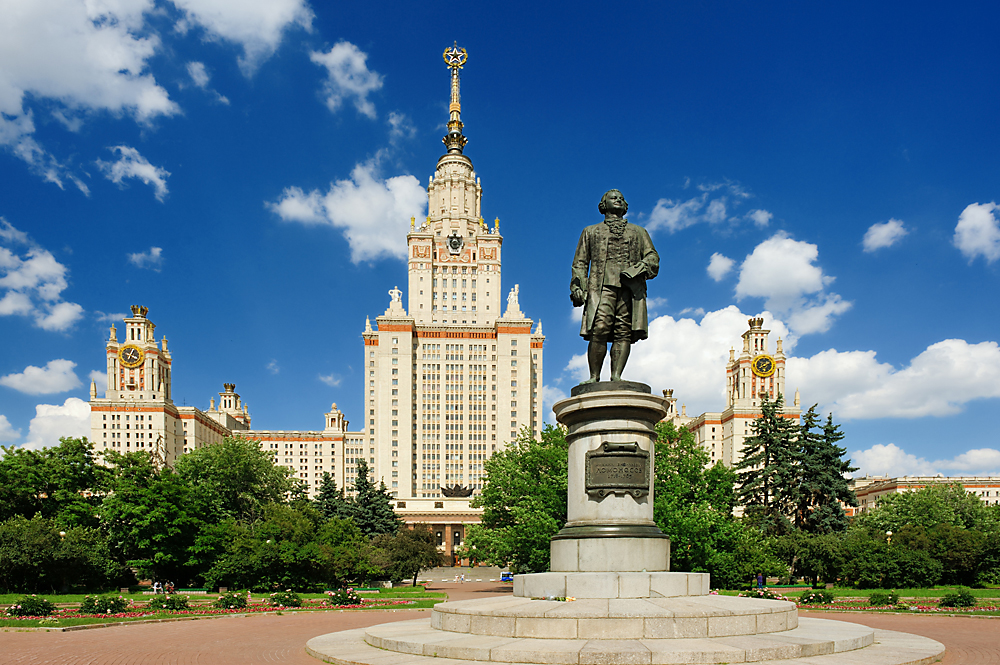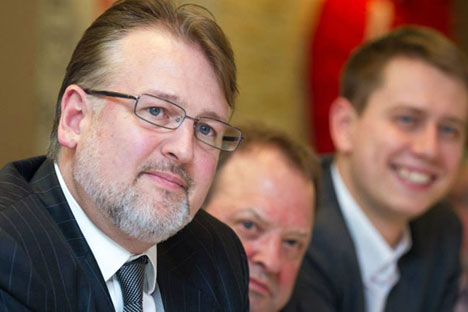Report: Russian universities should modernize to compete globally

Moscow State University.
Lori/Legion MediaThe U.S. government spends four times more on education than Russia, with American educational institutions receiving $37.6 billion from the state in 2015, while their Russian counterparts saw only $8.7 billion in government support. Experts believe that the modernization of Russia's universities could have a huge impact on the country's economy, as well as help reduce dependence on state financing.
“First and foremost, Russian universities need to rethink the relationship between teaching and research," wrote Evgeny Kuznetsov, deputy director of the Russian Venture Company, in an article for Russia Direct (RD). "For too long these functions have been separated, and that has led to an inability to commercialize innovation, or to inspire students to launch startups."
Increasing competitiveness
Russian universities have to search for their own competitive position on the global market, according to Georgy Laptev, associate professor and head of the innovation lab at Moscow State University.
“Walking this path will require numerous reforms, especially with university management and infrastructure," said Laptev. "If those changes are successfully implemented, they will open new opportunities for young and talented researchers, lecturers, and students on the global level. That eventually will allow Russian universities to increase their competitiveness."
“The Skolkovo Foundation and its Skoltech model university have already established an excellent example for Russia to follow in applying the best western practices," wrote Kendrick White, advisor to the rector of Nizhny Novgorod State University. "The problem, however, is that the rest of Russia looks at Skoltech and believes that it only works in Moscow with high-level government protection."
Lack of capital
Today, even the best universities in the country face problems such as a lack of investment. According to Laptev, Russian business can't so easily sign a contract with a university for scientific research; while for university labs the most acceptable format for cooperation with businesses is a contract extending three or more years into the future.
According to Dominique Fache at the Sophia Antipolis Foundation, a French technological park, the Russian economy is based on big companies that do not embrace innovation. “In order to modernize, university leaders need to support the development of additional mechanisms such as business incubators, seed funds, and accelerator startup programs," said Fache.
International integration
According to Loren Graham, a professor at the Massachusetts Institute of Technology (MIT), the most promising Russian universities are St. Petersburg State University, Novosibirsk State University and Tomsk State University. “Moscow State University is also obviously very good, but it is so entangled with political issues that it cannot fulfill its potential,” Graham told RD.
Russian universities do not get high rankings in international rating systems because Russian scientists publish little, and when they do, they often publish in Russian-language journals with low impact-factor ratings.
“Russian scientists and engineers are not members of international communities of science and engineering to the extent they should be,'' Graham said. ``And some current Russian laws discourage such integration, putting Russian scientists and engineers who cooperate with their Western colleagues under suspicion of betraying secrets.”
The full report is available on Russia Direct's website.
Read more: Russian university joins Facebook's artificial intelligence project>>>
Subscribe to get the hand picked best stories every week
All rights reserved by Rossiyskaya Gazeta.
Subscribe
to our newsletter!
Get the week's best stories straight to your inbox
